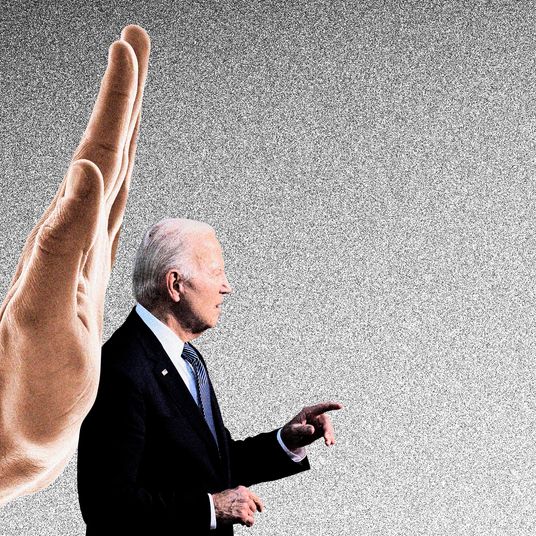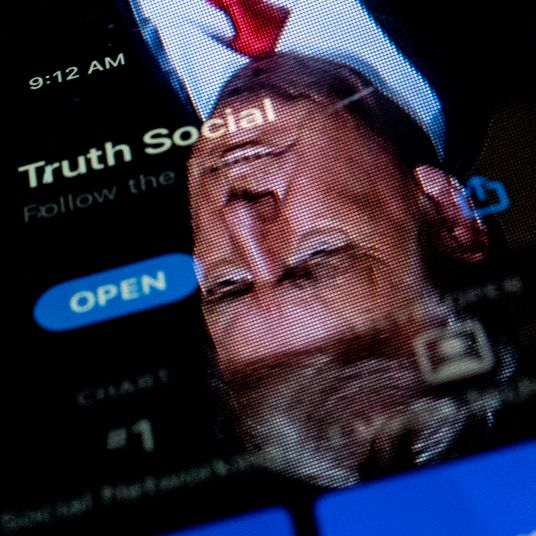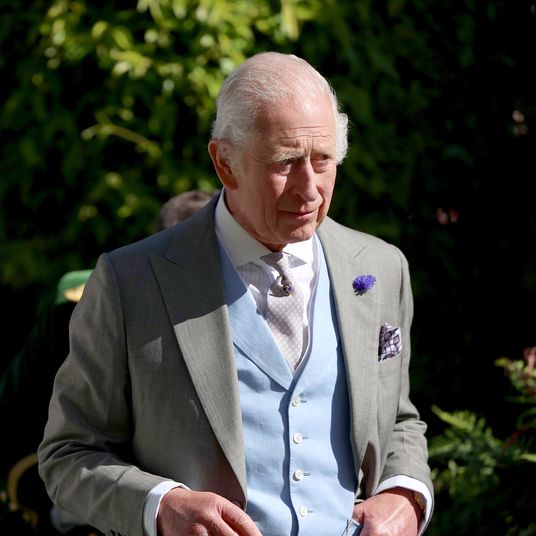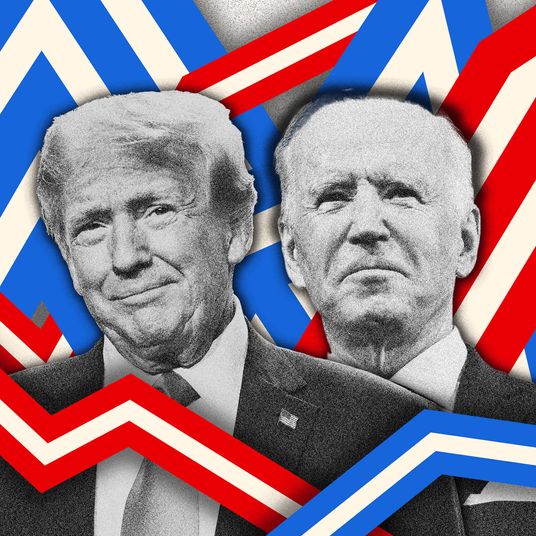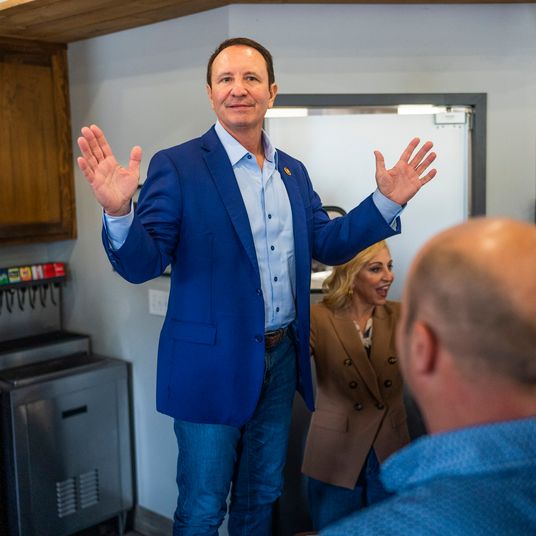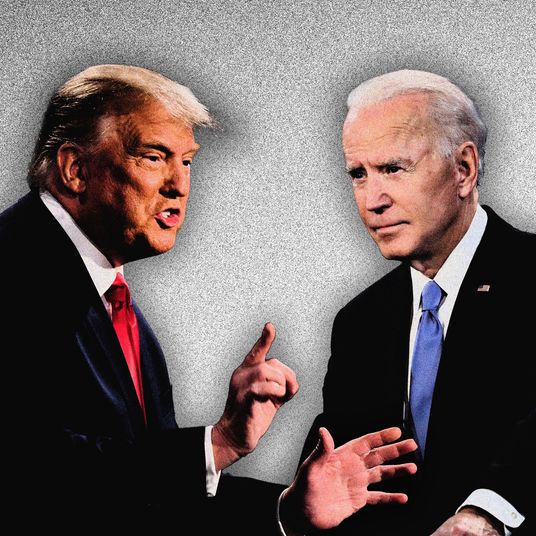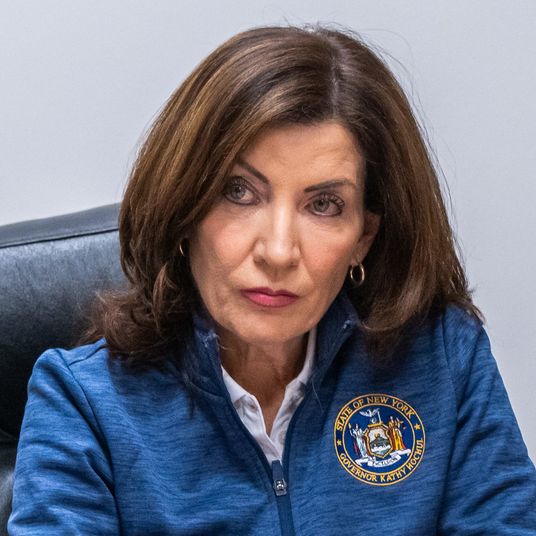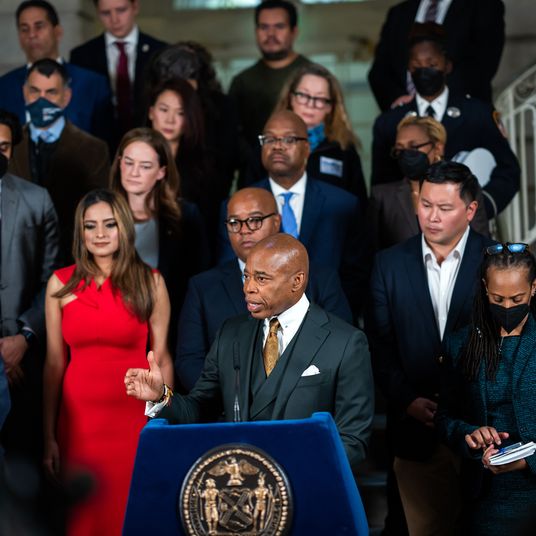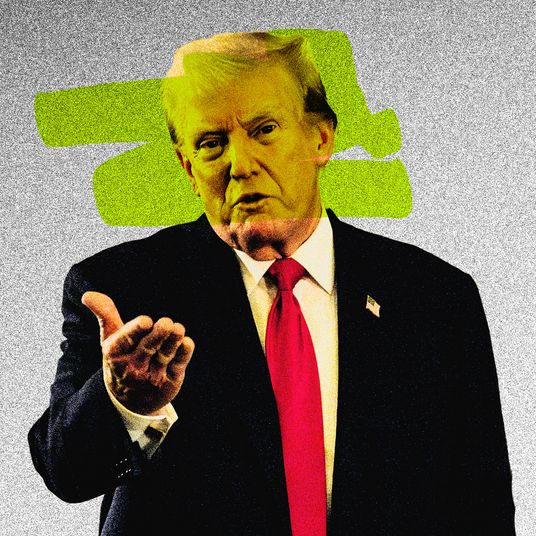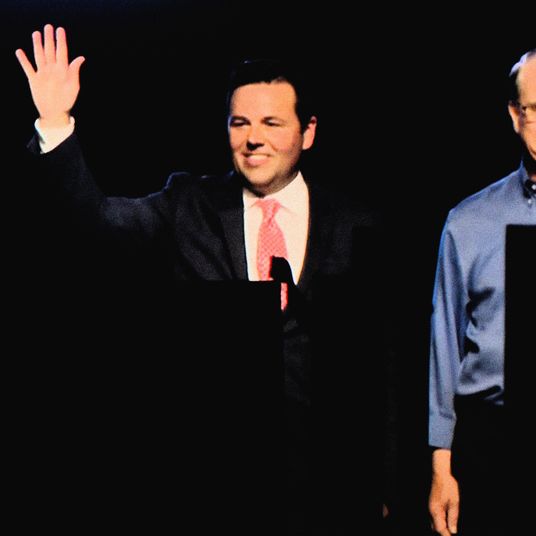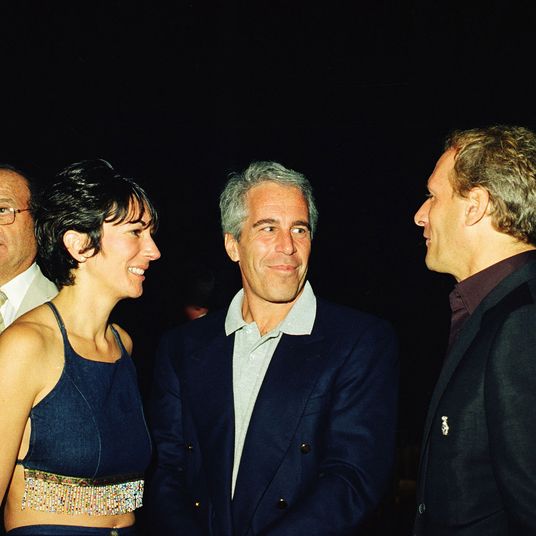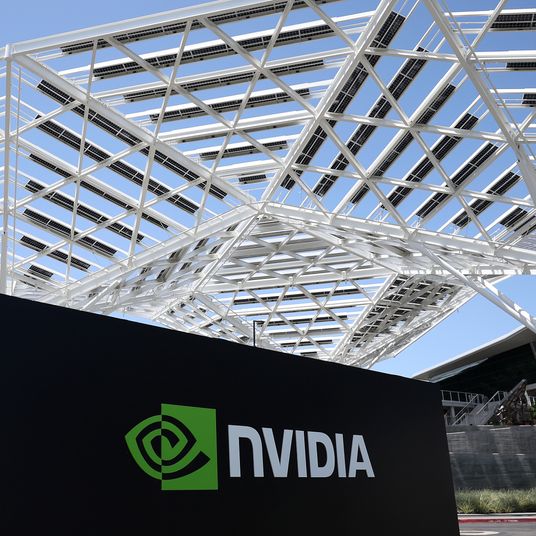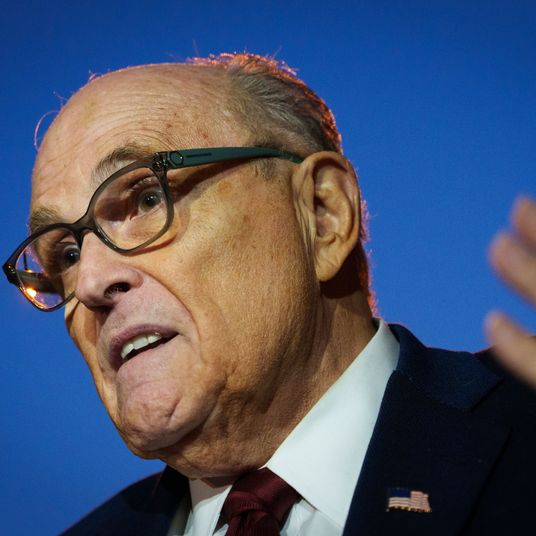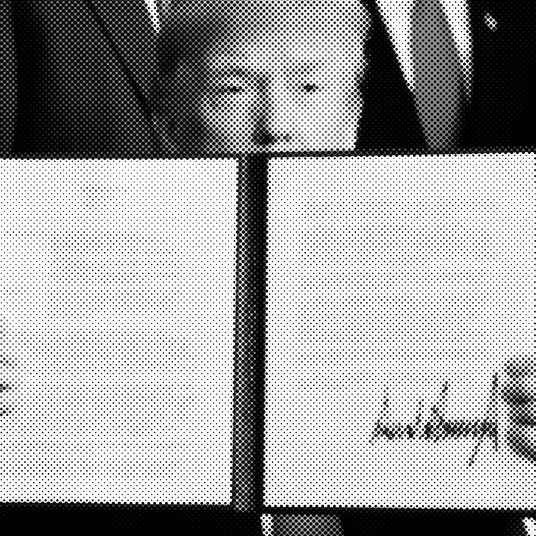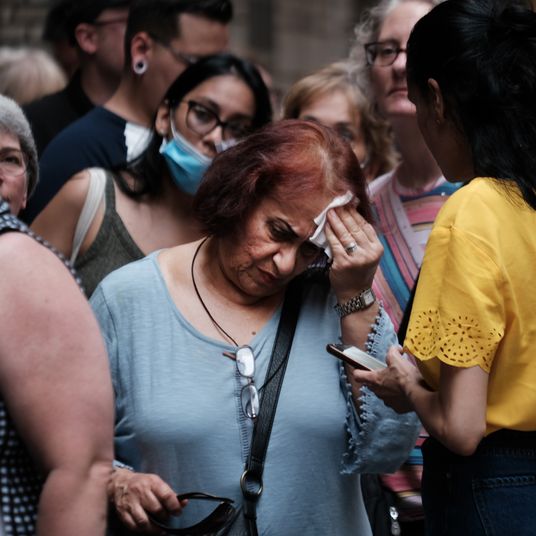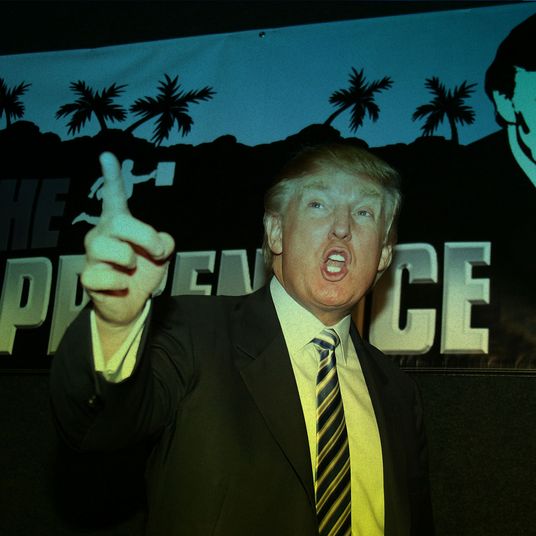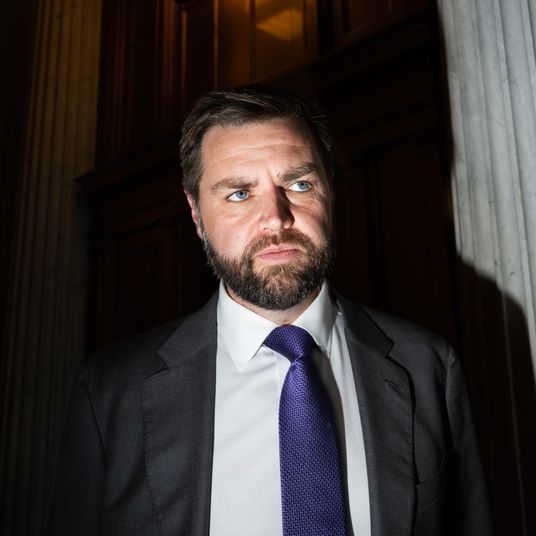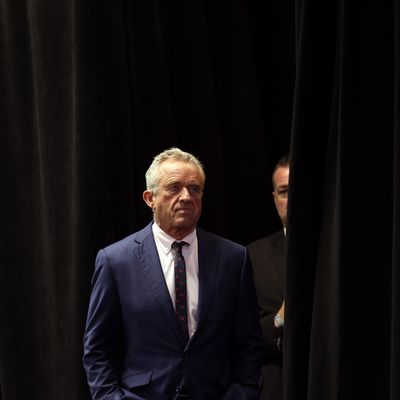
Being treated as a peer of major-party rivals is always the most difficult challenge for minor-party or independent candidates. So when CNN announced it was holding an unusually early presidential debate on June 27, it became supremely important for Robert F. Kennedy Jr. to make the stage alongside Joe Biden and Donald Trump and display his viability at a time when many voters are unhappy with the 2020 rematch. There was some initial optimism in Kennedy land when he quickly notched three of the four required national polls showing him with at least 15 percent of the vote. But CNN has now announced he didn’t make the cut: “The debate qualification window closed at 12:00:01 a.m. ET on Thursday, with Biden and Trump meeting the constitutional, ballot qualification and polling thresholds set by the network.”
That fourth qualifying poll for RFK Jr. never arrived, but it may have been irrelevant since Kennedy missed another debate-qualification criterion by a mile, as the New York Times noted:
Mr. Kennedy also needed to be officially on the ballot in enough states that he could win 270 votes in the Electoral College — the threshold for winning the presidency. As of Thursday, Mr. Kennedy had less than a third of that number, according to an analysis by The New York Times. He is officially on the ballot in only six states — California, Delaware, Hawaii, Michigan, Oklahoma and Utah — totaling 89 Electoral College votes.
The ballot access requirement was significantly more onerous for an independent presidential candidate than the polling requirement.
Kennedy vociferously objected to the ballot-access requirement on grounds that he was being required to gain a certified spot on state ballots while Biden and Trump were simply assumed to have achieved it as “presumptive” nominees of major parties. This was a plausible argument in the court of public opinion (his campaign events frequently featured supporters waving “Let Him Debate!” signs). But the Kennedy campaign’s effort to persuade the Federal Election Commission to intervene on grounds that CNN was making an illegal corporate contribution to the Biden and Trump campaigns was much more of a reach and did not succeed. Team Kennedy is still threatening legal action, but there’s not much reason to believe it will stop or change the debate.
Kennedy will have another shot at a debate qualification on September 10, when ABC is scheduled to hold a presidential debate with participation criteria that look very similar to CNN’s. The bigger question is whether his campaign will have lost crucial momentum by then. In the month of June alone, his support has dropped from 10.4 percent to 7.7 percent in the RealClearPolitics national polling averages of a five-way contest. His fundraising has also hit a slough with only $2.6 million in donations in May. Yes, his running mate, Nicole Shanahan, has provided crucial financial support, but it’s unclear how much of her fortune she’ll be willing or able to expend.
Add in the customary fade in support that virtually every non-major-party presidential candidate has experienced, and you can see why the Kennedy campaign staked a lot on becoming the first independent candidate to make a debate stage since Ross Perot in 1992. As it is, he’ll be on the sidelines complaining, as NBC News reports:
Kennedy appears poised to leverage his omission to argue the campaign is rigged against political outsiders. His campaign has booked $100,000 in national TV advertising on the day of the debate.
Sure enough, when CNN announced his exclusion, he put out an angry statement:
My exclusion by Presidents Biden and Trump from the debate
is undemocratic, un-American, and cowardly. Americans want an independent leader who will break apart the two-party duopoly.
It’s just one more conspiracy the Kennedy-Shanahan campaign will deplore as it struggles to remain a factor in the 2024 presidential election.
More on politics
- Do Liberals Have It All Wrong About How to Beat Trump?
- Trump vs. Biden Polls: A Close Race Gets Even Closer
- All the Details on Trump & Biden’s Weirdly Early 2024 Debate






